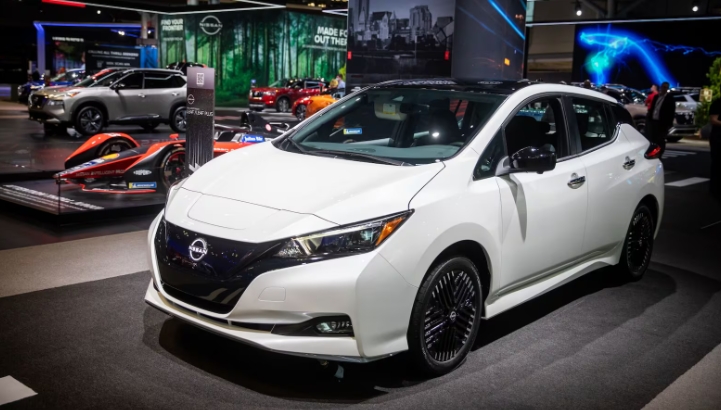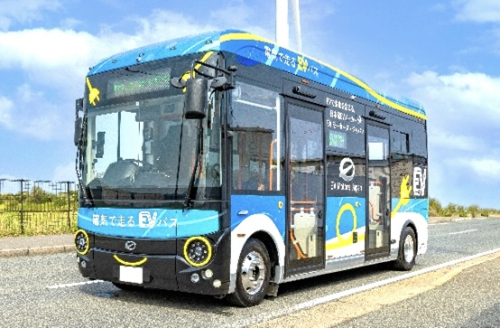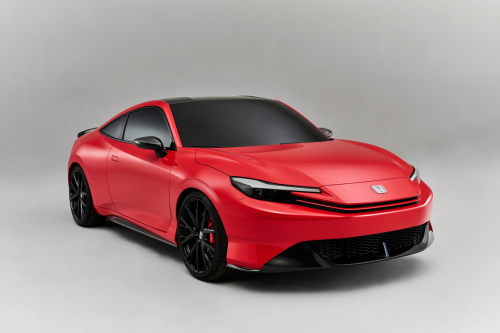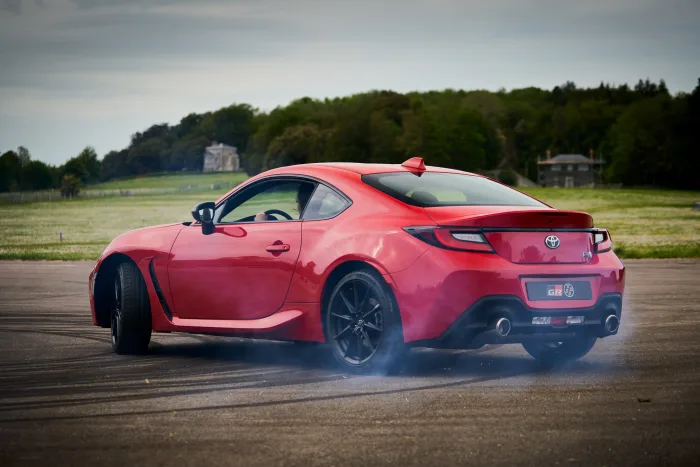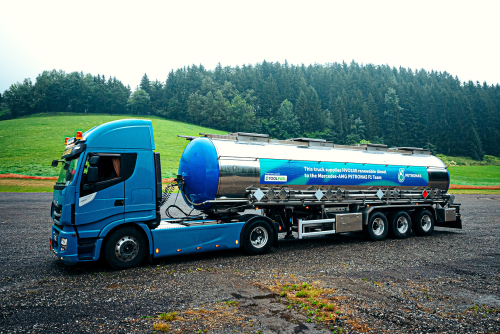
The combined 67% emissions reduction and 339 tCO2e saving, calculated in line with the GHG protocol and latest DEFRA GHG emissions factors, exceeded the team’s initial targets of 60% emissions reduction for the fleet of trucks and generators and 200 tCO2e saved across the season.
Trucks and generators were refueled where possible using second-generation biofuel HVO100 across the European races from May to September. The trucks transport all the team’s freight required for each race, while the generators power the team’s engineering and hospitality units in the Formula One paddock.
The trucks travelled on HVO100 biofuel for more than 386,000km, from a total distance travelled of 460,000 km, and 35% of all generator fuel used was HVO100. The emissions reduction achieved by the fleet of trucks was 307 tCO2e, with the generators totalling 32 tCO2e emissions reduction. Undertaking this initiative across many European countries, with supply levels fluctuating in certain geographies, added to the complexity of the project.
The team will use the learnings from the 2023 season to continue to drive towards the full use of HVO100 in trucks in 2024 and increasing the use of HVO100 in generators, alongside delivering efficiencies in the paddock to reduce reliance on those generators.
New sustainability exclusions in the sport’s Financial Regulations have unlocked opportunities for innovation in sustainability that were previously in conflict with on-track performance. This project is the team’s first to capitalize since the changes were approved, due to cooperation between the FIA, Formula One and the ten teams. The use of biofuel in the team’s race trucks and race base generators would previously have been included in the Formula One cost cap.
Together with the Mercedes-AMG PETRONAS F1Team, PETRONAS is on-track to meet the technical challenges of the new 2026 Technical Regulations, which will have all cars powered by 100% Advanced Sustainable Fuels. This endeavor presents a unique opportunity to showcase the potential of Advanced Sustainable Fuels in the gruelling F1 environment, which serves as the ultimate testbed before taking the learnings and innovation to everyday road users.

